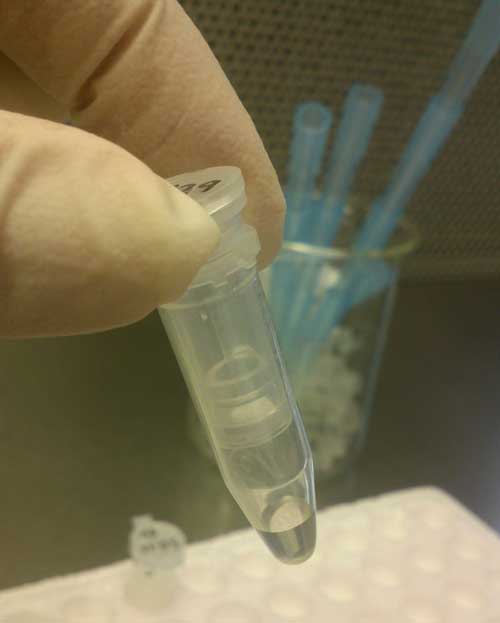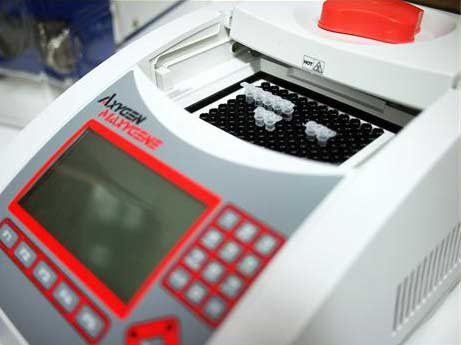Laboratory Analysis
Water Analysis
Soil Analysis
Leaf Tissue Analysis
Plant Pathology
DNA Testing
Quantum Efficiency
Water Analysis
Human and plant health are both dependent on water quality. The permissible concentrations of minerals and contaminants vary depending on whether the intended use of the water is human consumption, livestock, irrigation or industrial use.
Bioscience’s quality assured laboratory and skilled scientists allow us to test water samples quickly and accurately. From our findings, we provide a detailed report and, where necessary, propose an action plan to resolve any problems.
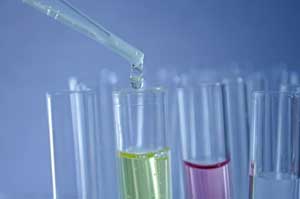
Within our laboratory at Forrestdale we test water samples in accordance with the Australian Standards (AS 4020) using sophisticated analytical equipment, such as an Atomic Absorption Spectrophotometer (AAS) and spectrophotometry (UV/VIS).
BIOSCIENCE STANDARD POTABILITY SUITE
(SAFE FOR HUMAN CONSUMPTION)
Our standard water potability suite is designed to determine whether your bore, dam or rain water is safe for human consumption. Fifteen analytes, including pH, electrical conductivity, nutrient ions, cations and trace metals are tested and compared to the aesthetic, taste and health limits of the Australian Drinking Water Guidelines (2011).
Our standard potability suite takes 5-7 working days and requires 500 ml of water.
Thinking of getting your water tested? Use a plastic bottle, and rinse it twice with the water to be tested, before filling it completely. If you are unable to bring the sample to us right away, please store it in the fridge.
Samples can be analysed for the Bioscience standard potability suite:
Bioscience Potability Suite
- Electrical conductivity
- pH
- Ammonia
- Nitrate
- Phosphate
- Sulphate
- Carbonate
- Chloride
- Potassium
- Calcium
- Magnesium
- Sodium
- Iron
- Manganese
- Copper
- Zinc
Soil Analysis
Maintaining healthy soils is a fundamental practice in sustainable agriculture. Carrying out soil analysis ensures informed decisions will be made regarding best land use and can highlight ways to improve soil productivity.
For example, our clients seeking soil testing range from home gardeners, horticultural growers seeking soil analysis in conjunction with fertiliser recommendations to alleviate soil nutritional deficiencies, and broadacre farmers testing soil for various physical characteristics at the conclusion of a field trial.
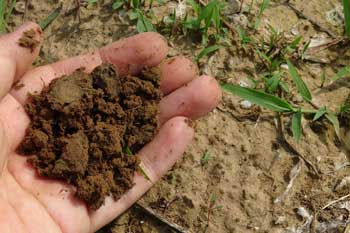
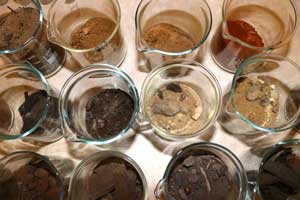
Bioscience specialises in undertaking an appropriate suite of tests specific to individual client needs. These typically involve a range of physical, chemcial and biological tests.
Our soil testing laboratories in Forrestdale can undertake a range of soil analyses to assist you in identifying the Physical, Chemical and/or Biological characteristics of your soil. The average turn-around-time for a standard analysis is seven working days. The analysis results come with concise interpretations and recommendations for soil improvement.
Physical Tests
Soil Preparation for Testing (AS1289.1)
Soil Moisture Content Testing (AS1289.2)
Soil Classification Testing (AS1289.3)
Soil Chemical Testing (AS1289.4)
Soil Compaction and Density Testing (AS1289.5)
Soil Strength and Consolidated Testing (AS1289.6)
Soil Reactivity Testing (AS1289.7)
Chemical Tests
Chemical analysis of agricultural & contaminated soils for (AS4764)
Total Carbon and Sulfur
Extractable Nitrogen, Potassium, Calcium, Magnesium, Iron, Coper, Zinc, and Manganese.
Heavy metal contaminants
Acid Sulfate Soils SPOCAS suite (AS4969.12)
Hydric Soils
Electrical conductivity and Acidity (pH)
Assessment and formulation of pre-planting soil treatment and fertiliser programs
Identification of soil type for suitable cropping species
Biological Tests
Phytophthora cinnamomi (Jarrah dieback)
Nematodes
Soil Respiration
Total Microbial Biomass
Microbial Diversity
DNA-based species presence (e.g. pathogens, fecal sources)
Commercial Tests
Composts, soil conditioners and mulches (AS4454)
Potting mixes (AS3743)
Soils for landscaping and garden use (AS 4419)
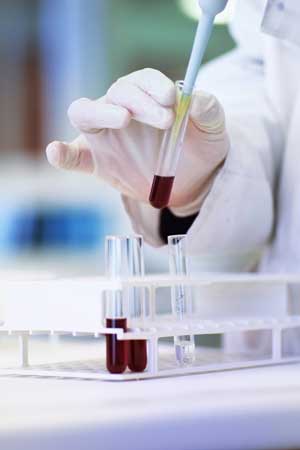
Leaf Tissue Analysis
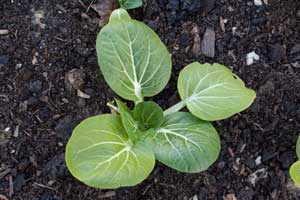
Bioscience provides leaf tissue analysis services for the purpose of diagnostic testing, monitoring and yield prediction. Leaf tissue analysis allows growers to identify and rectify nutritional deficiencies in high-value crops before visual deficiency symptoms are present. Standard analysis measures the macro elements (Nitrogen, Phosphorous, Magnesium, Calcium, Potassium and Sodium) and the micro elements (Iron, Manganese, Copper, and Zinc). Other analytical tests, such as heavy metals, are available on request.
The analysis results come with concise interpretations which include comparison against optimal levels for the relevant plant species and growth stage, and recommendations for crop improvement. The average turn-around-time for a standard analysis is seven working days.
Quantum Efficiency Analysis
Bioscience offers a QEA service to measure photosynthetic efficiency by quantum fluorescence. The test is rapid and non-destructive. It provides information on factors such as water and nutrient stress, herbicide damage and the impact of various chemicals applied to plants. This leading-edge technology helps growers develop and refine crop treatment programs and trouble shoot problems.
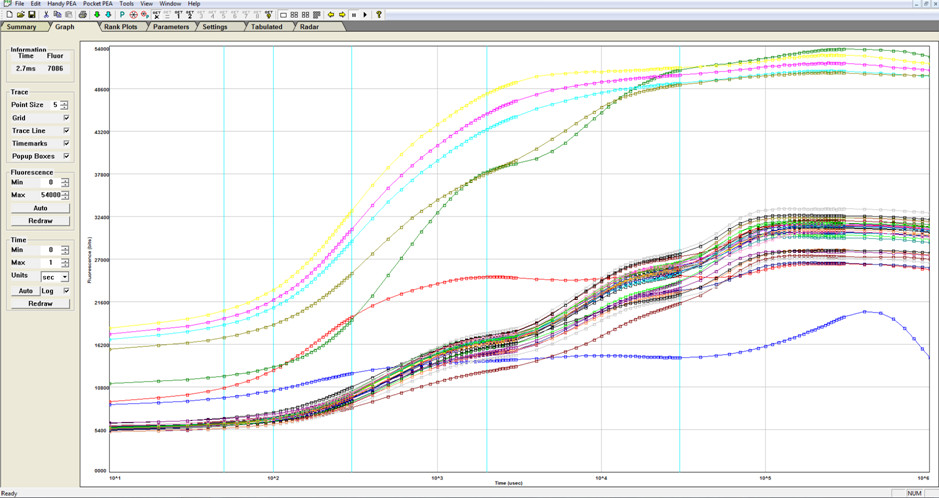
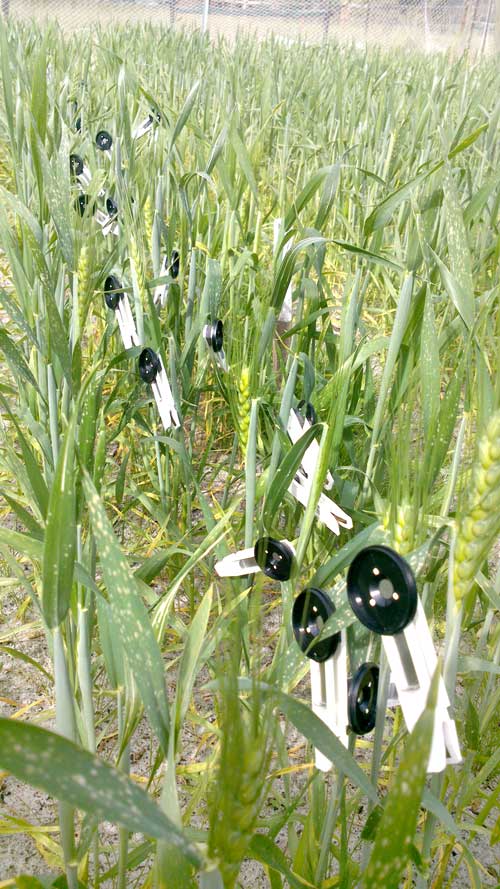
Plant Pathology
At Bioscience we can help you determine the cause of crop diseases both biotic and abiotic. In our laboratory we use a combination of classic plate cultivation and modern molecular biological methods to identify a variety of plant pathogens. We also offer disease-management plans to reduce or improve the cause and symptoms of diseased plants.
Plant pathogens we can test for:
- Bacteria
- “Candidatus Liberibacter solanacearum”
- Erwinia amylovora
- Phytoplasma
- Fungi
- Elsinoe
- Fusarium
- Neofusicoccum
- Neonectria
- Rhizoctonia
- Sclerotinia
- Seiridium
- Nematodes
- Oomycetes or water moulds
- Albugo
- Phytophthora , specifically Phytophthora cinnamomi
- Pythium specifically Pythium ultimum
In addition to in-house testing of plant pathogens, Bioscience is the process of becoming accredited for the SARDI PREDICTA® B root disease test in time for the 2019 growing season. This is a DNA-based test for grain and pulse growers to assess the risk of soil-borne diseases prior to seeding. The test currently includes risk assessments for cereal cyst nematodes, stem nematodes, Take-all disease (Gaeumannomyces graminis var. tritici), Rhizoctonia spp., Crown rot (Fusarium pseudograminearum), Pratylenchus neglectus, Pratylenchus quasitereoides, and Black spot disease (Diplocarpon rosae) with many others currently being evaluated.
Please get in touch for further information and to obtain pricing .
DNA Testing
Bioscience staff are proficient in a variety of DNA testing methods. This includes the use of restriction enzymes, quantitative PCR, and second and third generation sequencing. We routinely use these methods to assess the microbial diversity in soils or to identify plant pathogens.
If you require our DNA testing services, please contact us and we will work with you to tailor an approach specific to your needs.
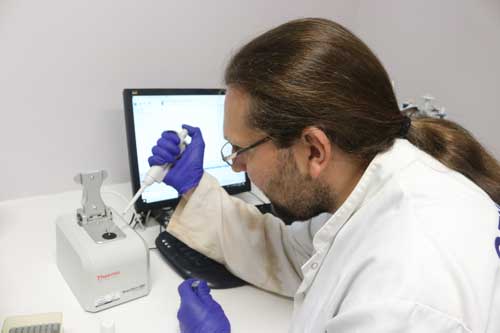
Flora DNA Research
Bioscience is developing a completely novel way to identify plants quickly and cheaply using DNA technology. The core of the new method is the recognition that like most other multi-cellular organisms, a large part of plant DNA is non-coding “junk”. A great part of this “junk” is called transposable elements. These are relics of former retroviruses which inserted themselves into plant genomes.
Bioscience has data upon which it has formulated the hypothesis that some of this “junk” in fact plays an active part in metabolism, thus is important for survival so is faithfully inherited. This has recently been supported by findings that certain transposable elements are transcribed into iRNA when tomatoes become infected with virus.
Our research is looking to identify those transposons which are stable and inherited as phylogenetic markers. We can thus make simple PCR primers to selectively amplify these markers to give a DNA fingerprint unique to each species.
